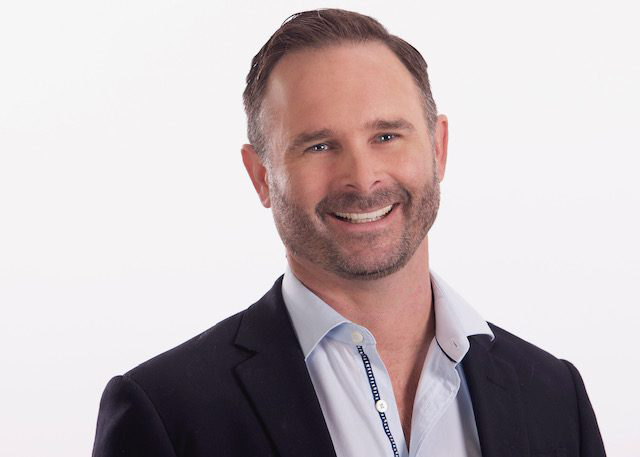Nearly 20 million individuals and families are affected by addiction or substance use disorders each year. Finding out your loved one is suffering from addiction can be extremely challenging. All you want to do is help and support your loved one, but oftentimes your help may be more enabling the situation rather than effectively helping. Addiction treatment centers provide comprehensive care to create individualized treatment plans to help your loved one end their addiction.
SEE Purpose is a drug and alcohol rehab center in Indiana that helps clients receive the treatment they need while also rediscovering their life’s purpose to lead a life of sobriety. We are a personalized substance abuse treatment program that offers various treatment programs tailored to clients’ unique needs. In this article, you’ll learn how to get a loved one help for addiction, the signs your loved one is using drugs, and more.
If you or someone you know is suffering from addiction, contact us to learn more about how you can start your recovery today.
What are the Signs a Loved One is Using Drugs?
If you are unsure or suspect your loved one is using drugs, look out for these common signs:
- Physical Signs/Changes: Physical changes are one of the first signs you’ll notice a loved one may be using drugs. The top physical signs are from neglecting their hygiene, looking excessively tired, or not eating or exercising how they used to.
- Changes in Their Sleeping Habits: Using drugs can significantly change and negatively impact your sleep and your quality of sleep. If you notice the individual is getting more or less sleep than usual or seems to be always alert/on edge or utterly exhausted, they may be using drugs.
- Behavioral Changes: Behavioral changes are another top sign your loved one may be using drugs. If you notice they lose interest in activities or hobbies they used to enjoy or have frequent, unexpected mood swings, this is another major sign.
- Engaging In Riskier Behavior: If you notice your loved one is engaging in riskier activity, or even getting in trouble with the law, they may be using drugs.
- Decrease in Performance: If your loved one’s performance at school or work is declining substantially, this is another common sign they may be abusing drugs.
How to Get a Loved One Help for Addiction
It can be extremely difficult to see your loved one suffer from addiction. However, as a family member, friend, or partner you shouldn’t take the full weight of trying to help your loved one quit their addiction all on their own. Here are some steps on how to get a loved one help for addiction.
You shouldn’t enable your loved one’s drug addiction. While it may be hard to see your loved one suffer, enabling will only reinforce your loved one’s actions, and they won’t have to come to terms with the consequences of their addiction.
Addiction treatment centers provide comprehensive support and resources where your loved one can receive professional help and treatment to end their addiction. Consider researching and contacting local treatment centers to find out more information about how you can work to get your loved one the treatment they need to live a sober life.
What is the Role of a Drug Intervention in Recovery?
One of the first steps towards addiction recovery is the addict accepting that there is a problem and that they need to go to treatment. A drug intervention can help in facilitating a planned time when people (family members, friends, and even a licensed drug and alcohol counselor) can come together to motivate your loved one to admit they have a problem and seek treatment to start down the road to recovery.
Essentially, the role of a drug intervention is to motivate the addict to finally face all the consequences of their substance abuse and come to the realization they need to seek treatment. It’s important to have a plan in place prior to the intervention in terms of specific steps for a treatment plan and what those people at the intervention will not do if the addict refuses to accept treatment. Therefore, set clear plans and expectations prior to the intervention and stick with them.
SEE Purpose Can Help Your Loved One Overcome Their Addiction
Now that you know how to get a loved one help for addiction, you shouldn’t have to try and help your loved one break free of their addiction all on their own. Addiction treatment centers provide professional support and resources to effectively help your loved one stop using and live a long life of sobriety.
SEE Purpose is an Indiana inpatient substance abuse treatment center committed to helping clients receive the customized care they need to break free of addiction. We understand it can be difficult to watch a loved one suffer from addiction. That’s why at SEE Purpose, we provide comprehensive care plans to help your loved one rediscover their purpose in life and put an end to their addiction for good. Contact us today if you or someone you know is struggling with addiction.




